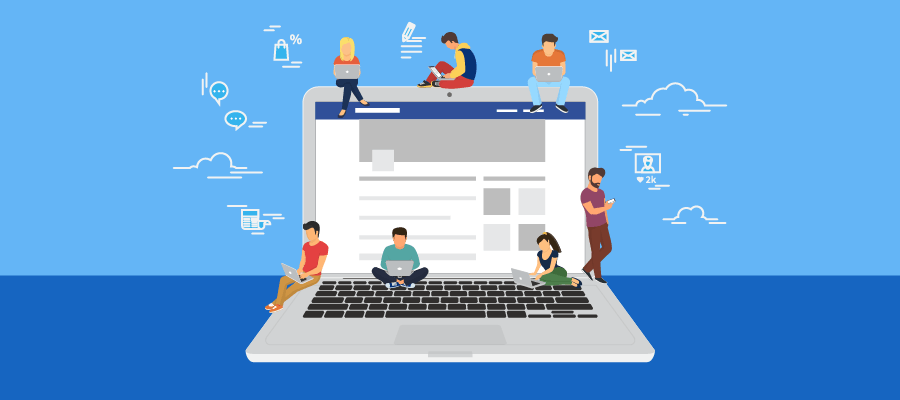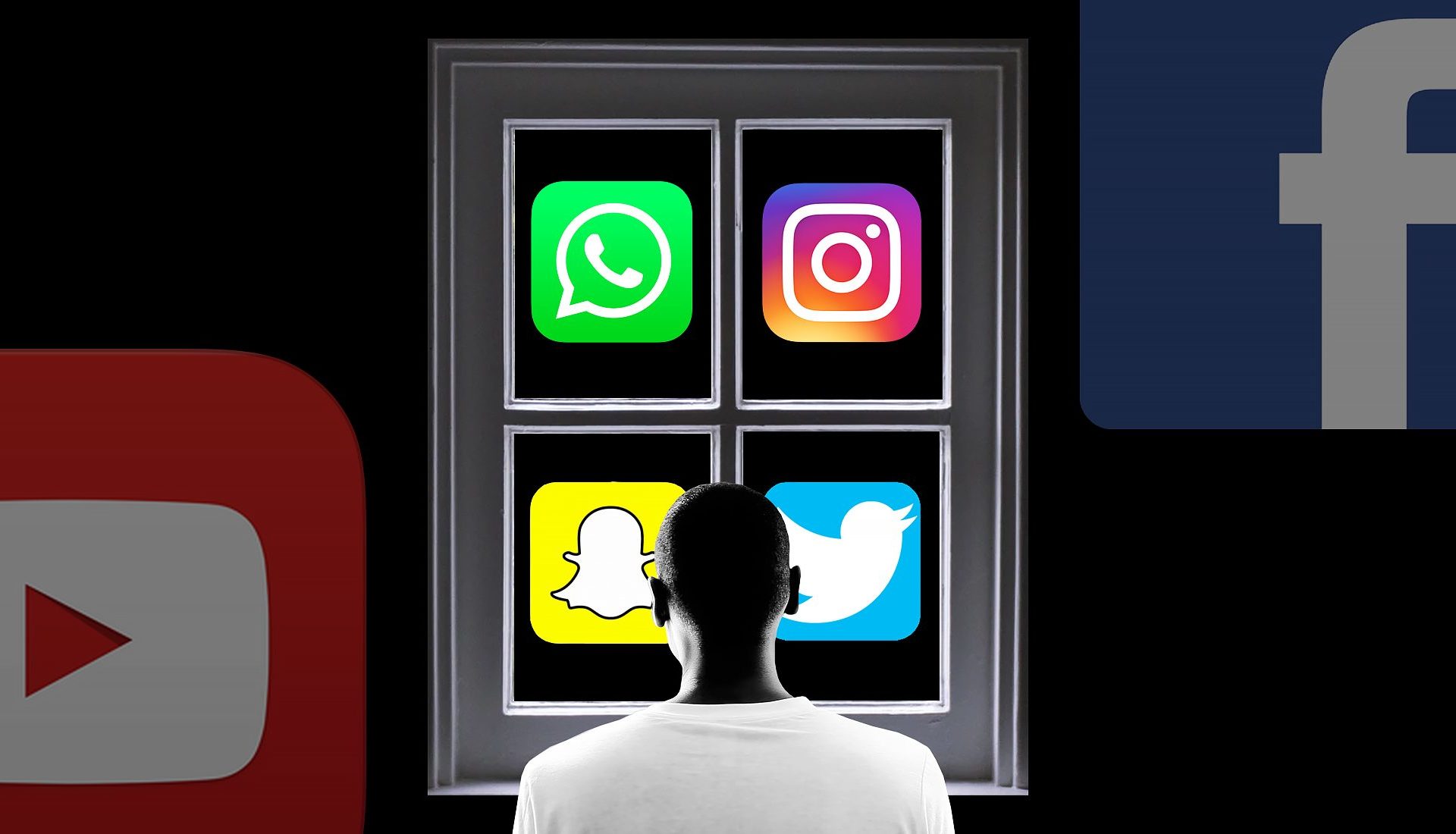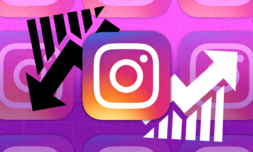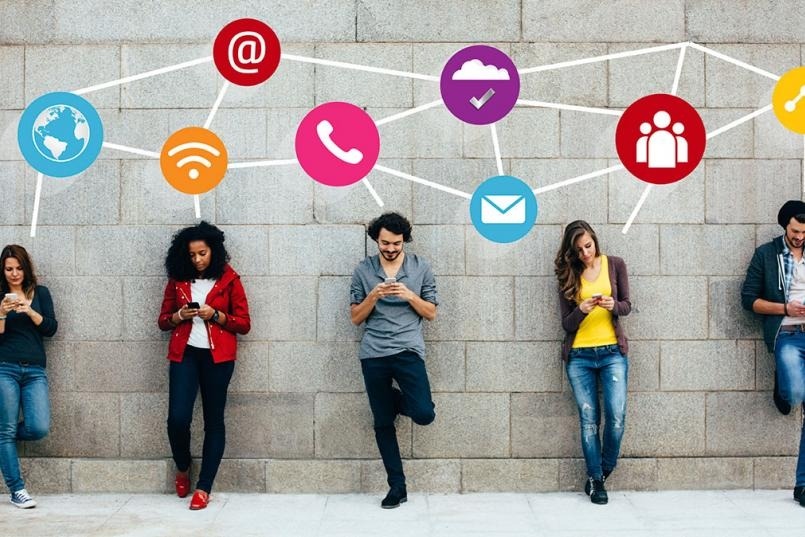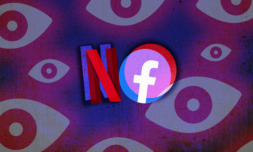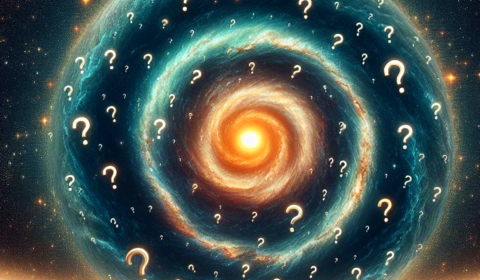IRL is a new app that aims to solve technology addiction by bringing people together in real life, but will it stop social media savvy Gen Z from being the loneliest generation?
I know what you’re thinking. It’s 2019 and we’re more connected than ever, in contact with people every second of every day, always able to speak to someone at the click of a button. So, how is it possible that Gen Z are considered the loneliest generation of our time?
The truth is, we’re actually feeling more isolated than ever. It doesn’t matter that Facebook, Instagram, WhatsApp, Twitter – you name it – are all integral parts of our daily lives; our social media usage is unhealthy and it’s beginning to have an impact on our general wellbeing.
You’ve most likely heard that loneliness is a silent killer, as harmful to our bodies as smoking a pack of cigarettes a day. It’s pretty detrimental to our mental and physical health so stop scrolling for a second and think: could social media be the reason you feel so disconnected from reality?
Recent studies have shown that despite the sense of community we get on platforms which allow us to connect with people regardless of distance, there is an undeniable link between smartphone usage and suicide, depression, and anxiety among teenagers.
Close to 50% of the 12 to 22-year-olds surveyed last year by global health service company Cigna, reported that they were sometimes or always feeling left out and rated themselves highest on feelings associated with loneliness. I for one am not that surprised, taking into account that about one in five millennials say that they have no friends. Looking at the stats, Gen Z isn’t too far behind.
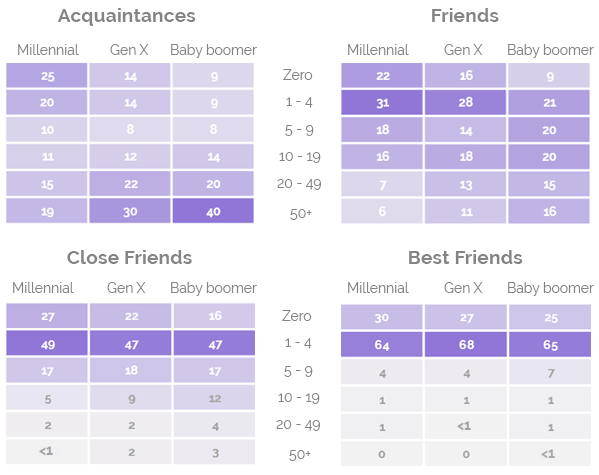

So, what’s being done to address this problem?
The correlation between digital communication and increased levels of mental health issues is certainly being recognised as something that needs to change.
Of course, for those who have grown up surrounded by technology and the internet, it’s impossible to imagine a world without it. And I’m not saying that it’s an inherently bad thing, but I do believe it’s about time we tried to find more of a balance because there’s no denying the effect that unregulated time on social media is having on the way we interact with others.
